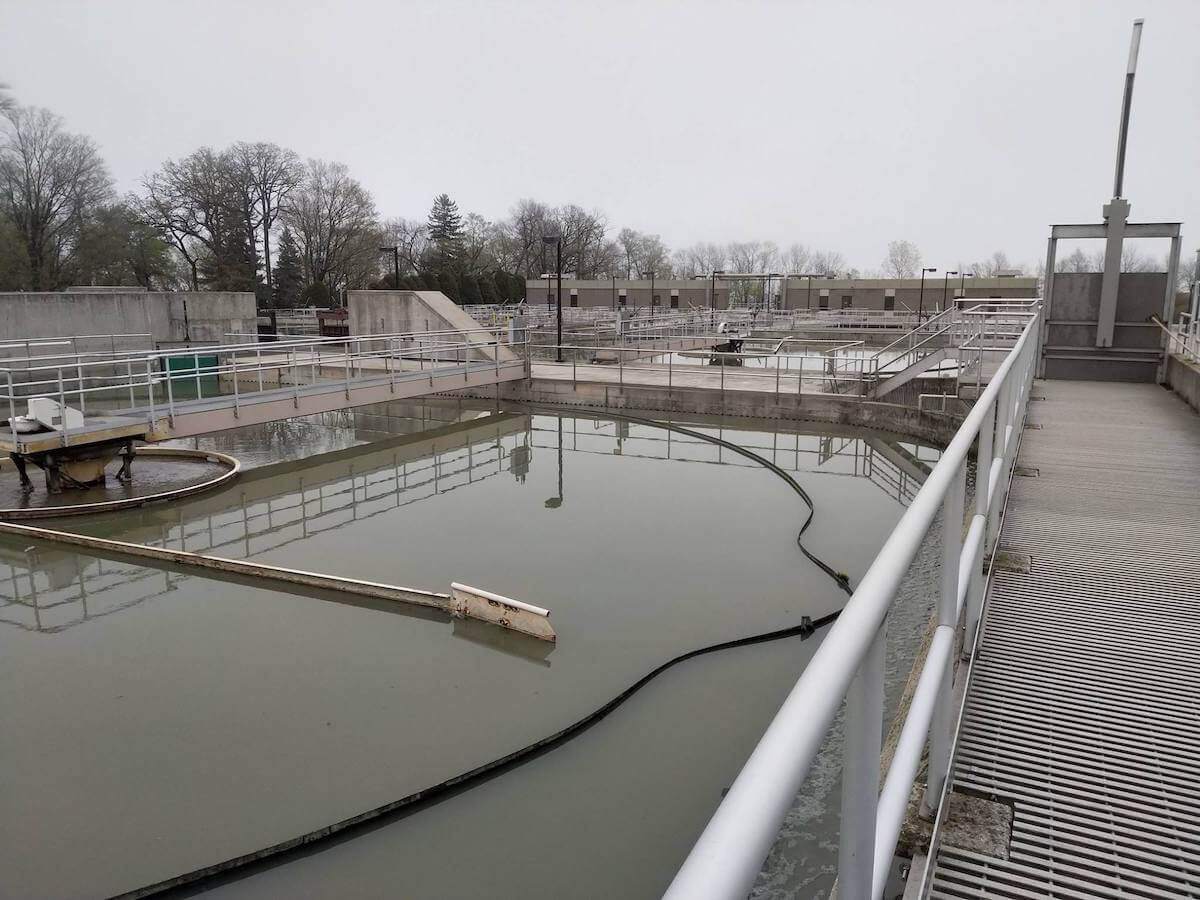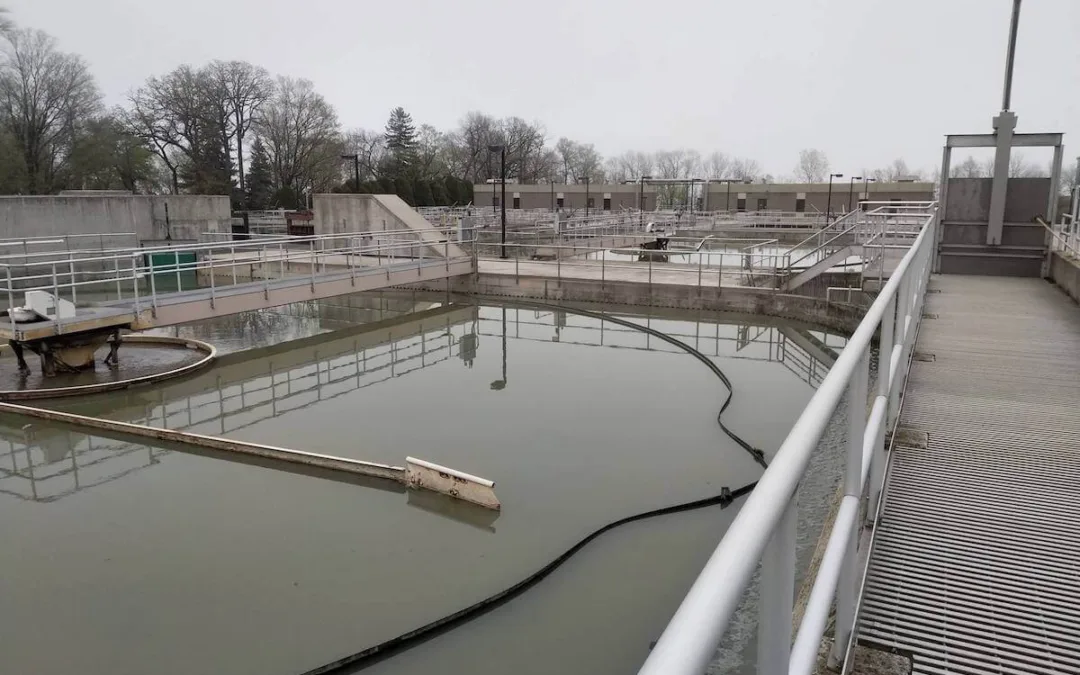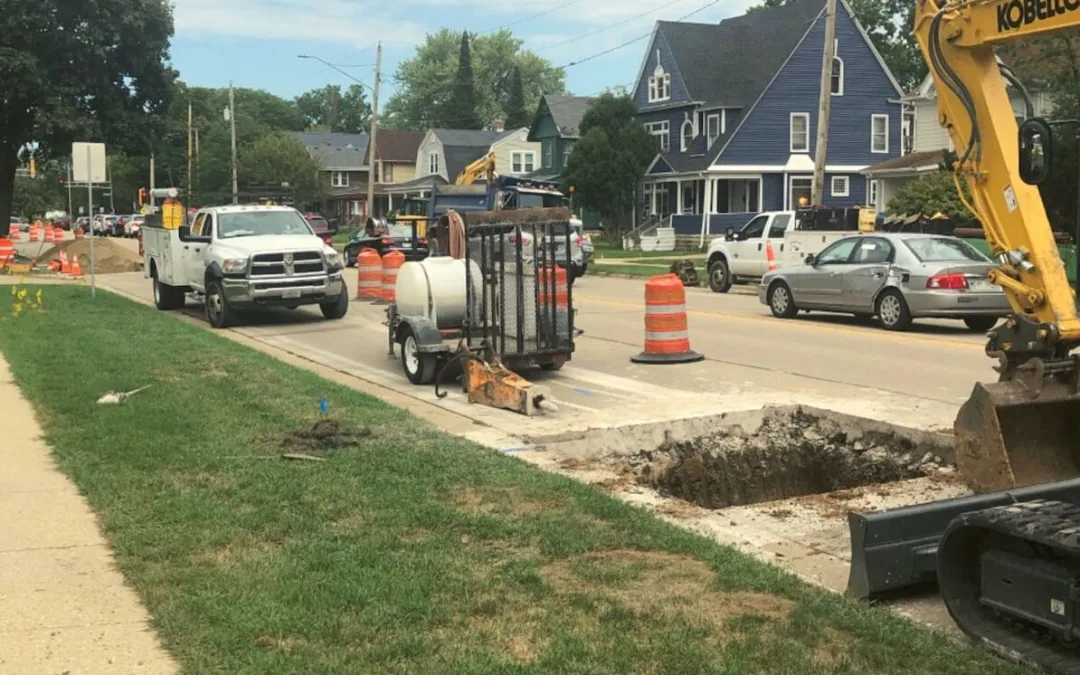
#image_title
#image_title
Cities across Wisconsin using pandemic relief in many ways. This one will prevent a big sewer bill hike and reduce the need to raise water bills.
Sheboygan taxpayers are about to see significant savings—rather than a big tax hike—even as a nearly century-old portion of city infrastructure is replaced before it could possibly cause an environmental headache. It’s only the latest example of how the pandemic relief package known as the American Rescue Plan Act (ARPA) is helping local governments, small businesses, and households to recover from the recession that laid waste to the economy in the early months of the coronavirus outbreak.
While other communities have used ARPA funds for uses ranging from lead abatement to improved broadband speeds to affordable housing, Sheboygan is allocating most of its $22 million share to overhaul a sewer system weakened by age and exacerbated by a changing climate that has nearly put a major line underwater due to the rising level of Lake Michigan, according to a report in the Sheboygan Press last month.
RELATED: Against It Before They Were for It—Some Wisconsin Politicians Are Busy Promoting American Rescue Plan Funds
The American Rescue Plan, proposed by President Joe Biden during his first days in office earlier this year, passed Congress in March with no Republican votes. Around 2.7 million Wisconsinites received direct stimulus checks and about 1.1 million children in the state were impacted by an improved child tax credit for families. Nearly $4 billion in relief went to small businesses in the state through the Paycheck Protection Program.
About 50% of the sewage heading toward the treatment plant in Sheboygan is carried by a line built in the 1930s when lake levels were lower, the Press reported on Monday. The project would normally have been done with borrowed money, requiring a $67.50 annual increase in sewer bills for 20 years, according to city Public Works Director David Beibel. Sewer bills will instead stay flat, the report said, and future water bill rate hikes will be reduced by 5%.
Politics

Biden administration bans noncompete clauses for workers
The Federal Trade Commission (FTC) voted on Tuesday to ban noncompete agreements—those pesky clauses that employers often force their workers to...

Opinion: Trump, GOP fail January 6 truth test
In this op-ed, Milwaukee resident Terry Hansen reflects on the events that took place on January 6, the response from Trump and other GOP members,...
Local News

Readers Poll: Top Bowling Alleys in Wisconsin
Looking for the best bowling in Wisconsin? Look no further! Our readers have spoken in our recent poll, and we have the inside scoop on the top...

8 Wisconsin restaurants Top Chef judges are raving about
Top Chef’s 21st season is all about Wisconsin, and on-screen, it’s already apparent that the judges feel right at home here. But, while filming in...





